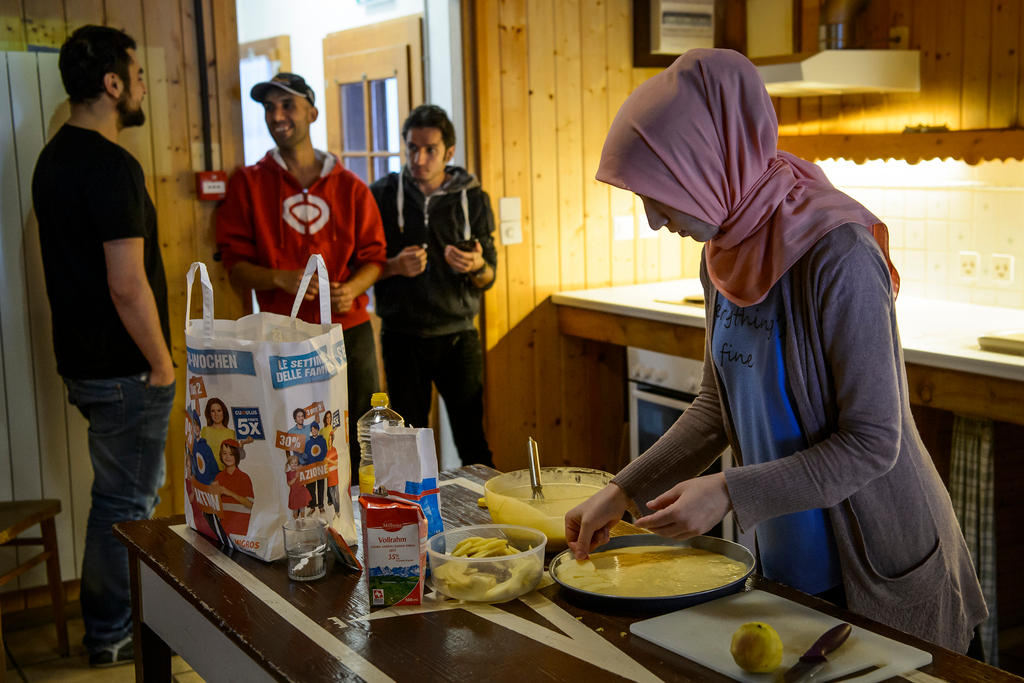
Asylum seekers lose status over home visits

Almost 200 asylum seekers lost their official status in Switzerland last year after travelling back to their homelands, a newspaper has reported.
The NZZ am Sonntag newspaper said on Sunday that 189 people lost their asylum seeker status in Switzerland last year after travelling to their homelands while their asylum process was underway. The report was based on official data from the State Secretariat for Migration (SEM).
Most of the asylum seekers were from Iraq (63), Vietnam (21), Bosnia Herzegovina (20), Turkey (17), Tunisia (14) and Eritrea (7).
The figures are much higher than in the past as there has been a clamp down on this kind of abuse of the asylum system.
According to NZZ am Sonntag, in the future the government plans to tighten the asylum process even further, forcing applicants to prove that they have not returned home during their application.
The issue of numbers of Eritrean asylum seekers regularly returning home to the east African state for holidays or to visit their families has been a recent talking point among Swiss politicians and the press.
Last month, Swiss Justice Minister Simonetta Sommaruga told parliament, in response to a question on the issue from a member of the conservative right Swiss People’s Party, that the SEM does not have exact figures on this issue, since someone who is recognised in Switzerland as a refugee does not need authorisation to leave the country.
They are not allowed, however, to have contact with the government of their country of origin, let alone return there. If they do so, they risk losing their recognised status as a refugee.
Sommaruga said that “in most cases it wasn’t a question of asylum seekers or refugees [returning to Eritrea] but of Eritrean citizens who had arrived in Switzerland years ago, some of whom had become naturalised [Swiss citizens].”
About 20,000 Eritreans live in Switzerland, the largest Eritrean diaspora in the world. In addition, Eritreans make up the largest national group of asylum seekers in Switzerland.

In compliance with the JTI standards
More: SWI swissinfo.ch certified by the Journalism Trust Initiative


























You can find an overview of ongoing debates with our journalists here . Please join us!
If you want to start a conversation about a topic raised in this article or want to report factual errors, email us at english@swissinfo.ch.